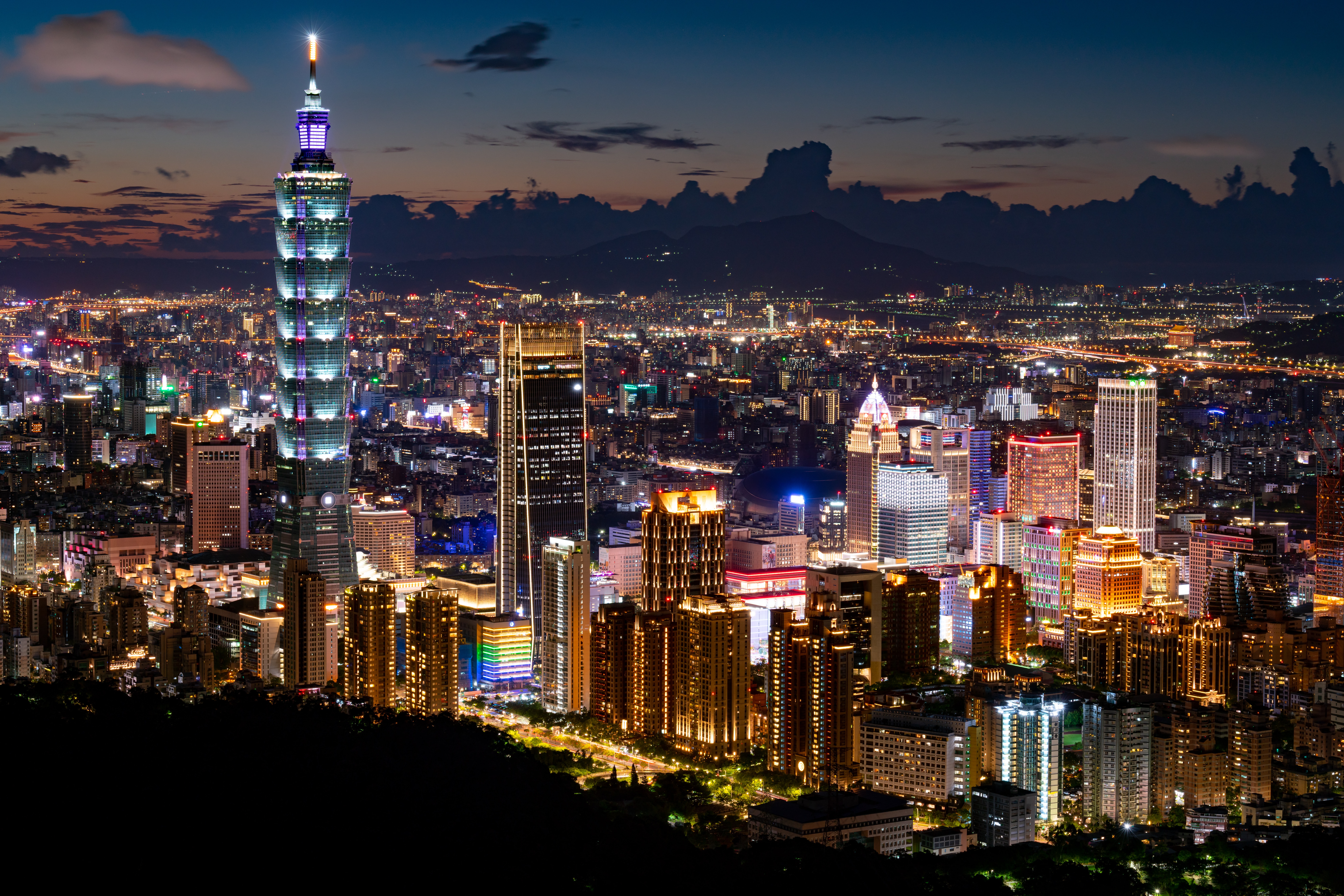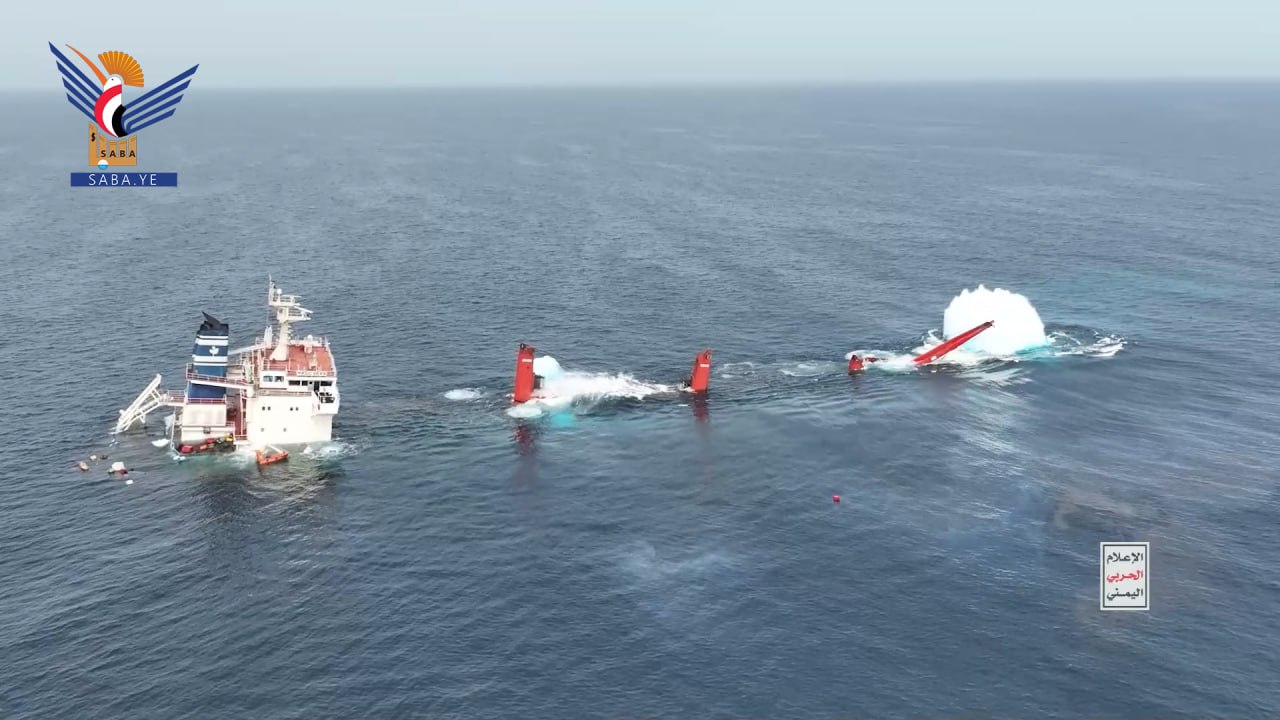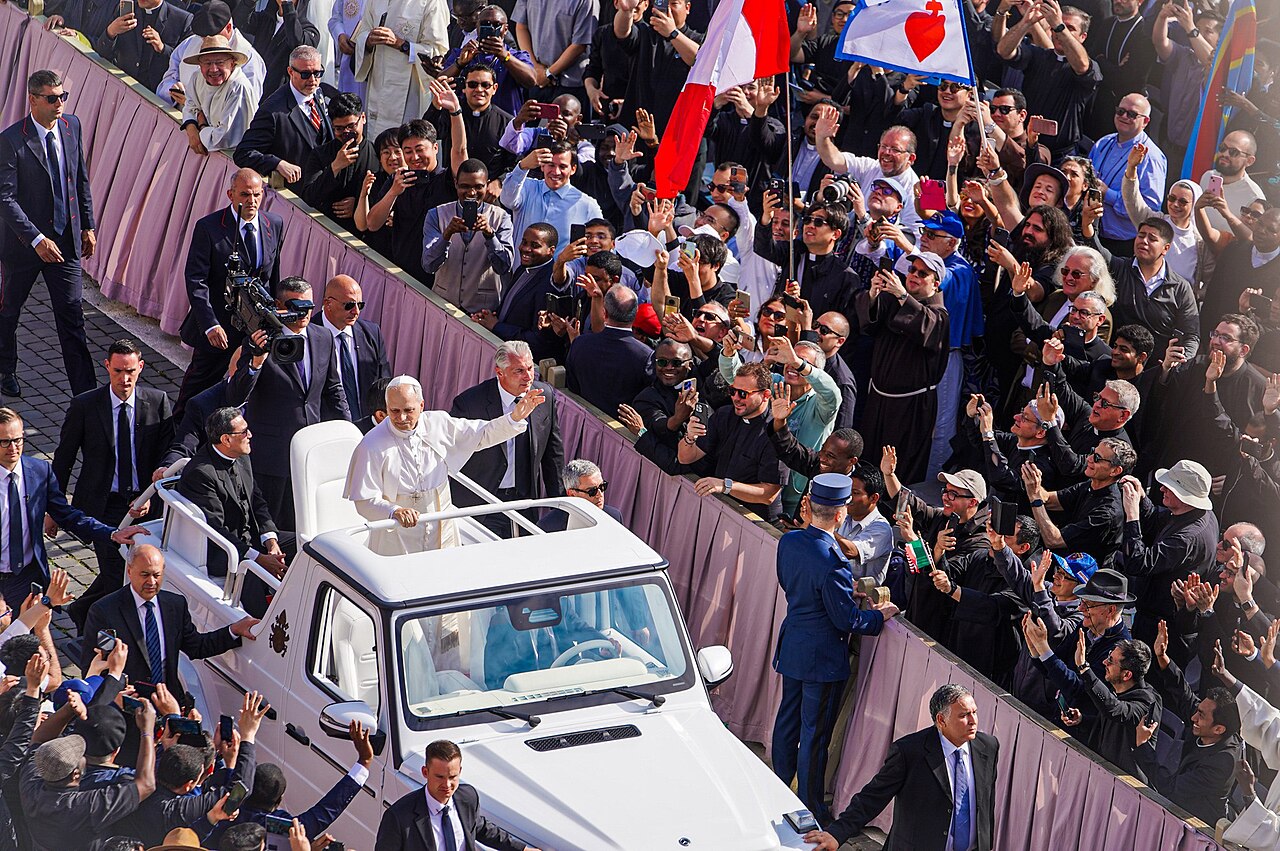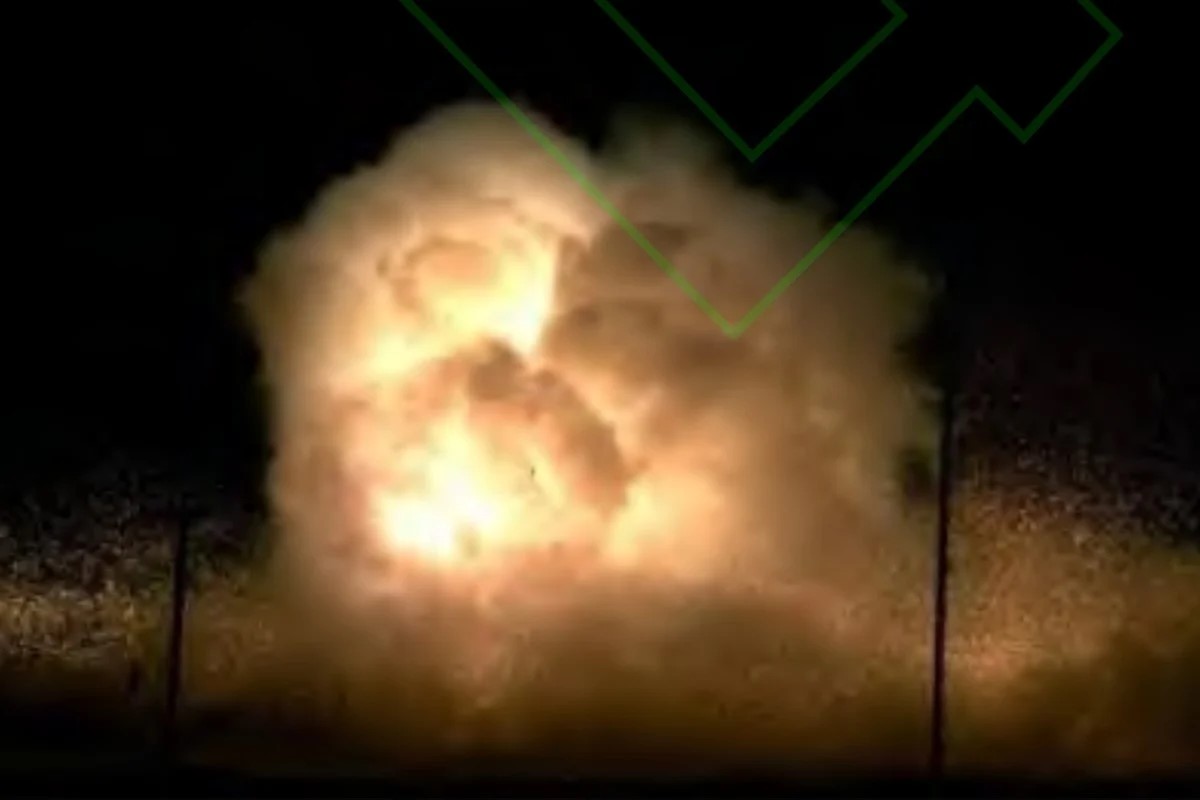In a number of national polls, the leading party candidates for President of Taiwan are separated by a small difference worth a percentage point here or there. The current ruling party, the DPP, is ahead just 0.07% according to a Gallup survey, while another poll from the broadcast TVBS has them ahead a whole 3%.
Other polls have DPP candidate Vice-President William Lai Ching-te and the opposition party’s (KMT) candidate Hou Yu-ih divided by varying degrees in between.
It’s inescapable for Western viewers to see the election as anything other than a national referendum between war and peace with China. After more than 8 years of the US gradually escalating arms sales to Taiwan, China’s release of a security white paper which scrubbed its long-standing statements against forceful reunification last year, the shadowy parallels with the war in Ukraine, and a global media that talks openly about war over Taiwan as if it’s inevitable, another 4 years of “separatist” leadership would seem certain to provoke a conflict.
Whether or not that’s true, it would seem all the more likely after the KMT sent several high-level party members to tour mainland China this spring as part of a mission to ease tensions. If the KMT were to lose, it may seem to the paranoid regime in Beijing that the Taiwanese reject the notion of cooperation.
The DPP is predicted to win by domestic political analysts. Vice-President Lai is believed to have made an excellent and cunning choice in selecting his running mate, namely the former de-facto Ambassador to the US, “cat warrior” Hsiao Bi-khim, who is recognized as popular among younger voters. SCMP reports that Beijing has labeled Lai and his running mate Hsiao as separatists, called Lai a “rascally liar” and said that a vote for independence is a vote for war, in response to Lai’s foreign policy slogan of ‘uphold peace to protect Taiwan’.
The KMT by contrast tried to form a unity ticket with the third-largest political party, the Taiwan People’s Party (TPP), but after being unable to decide who would stand for president and who for vice-president, the ticket collapsed with potentially massive political ramifications.
Polls conducted before the ticket collapsed had the pairing of the KMT’s Hou Yu-ih and the TPP’s Ko Wen-je garnering 50% of the voting public. The KMT’s position is that they support the 1992 Consensus made between their party and Beijing that agreed there is only one political-cultural entity called China, but that neither side agreed on what China “means”.
Unlike the US which has more to do with the divide between urban and rural voters, Taiwan has a generational divide, with older voters strongly favoring the KMT as they consider themselves Chinese, not Taiwanese. For the DPP, the reverse holds—the support base is the younger half, who see themselves as independent, yet as WaL reported in 2023, it could be the case that a case of crisis fatigue might scare some DPP voters over to the KMT in the same way some swing voters changed their vote from Donald Trump to Joe Biden in a bid for a return to normalcy.
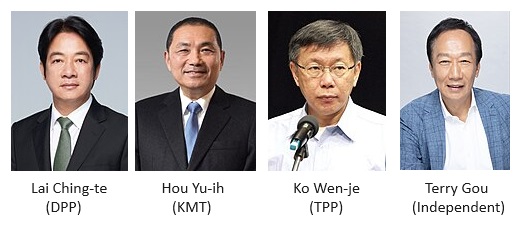
On the economy
Writing an updated version of a previous piece for Antiwar, Dr. Dan Steinbock founder of Difference Group and former fellow at the Shanghai Institute for International Studies writes that another difference between the parties is that military spending and geopolitics are consuming more and more of the DPP’s time and Taiwan’s resources, while the KMT favor a more robust trade relationship with China.
Despite a rebound in the second quarter, GDP in Taiwan shrank in the first half of 2023. In August, Taiwan announced plans to increase its total defense spending to a record $19.1 billion, equivalent to 2.6% of GDP. That outpaces even NATO allies, such as the United Kingdom, France, Italy, and Germany.
Furthermore, trade with China has flagged. Accounting for more than half of total exports of manufactured electronics, the accelerating trade war between the US and China is taking its toll, though DPP members don’t believe so.
Kaohsiung city mayor, Chen Chi-mai, criticized Candidate Hou’s plans to resurrect an old trade agreement with China that involves technology and agricultural products, which he said shows the “narrow views of his economic policy,” pantomiming it as “‘let us depend on the big China market,’” at a business forum in Kaohsiung.
“The Taiwanese economy is heading toward a double-whammy,” Steinbock writes. “On the one hand, DPP’s leaders have pushed the island into the Pentagon’s arms, which is penalizing the island’s economic futures. On the other, this very same effort is associating Taiwan with the West’s cost-of-living crises. It’s a fatal embrace”.
While defense spending is important to any country with a not-so-friendly neighbor, it has the always-observable effect of sequestering far more wealth among the people associated with this industry than would otherwise be expected for government activities, which is why 3 of the 5 richest counties in America, and 5 of the 10 richest, are all located around Washington D.C.
If the broad spectrum of the Taiwanese working classes is feeling the pinch of this slowdown in economic output and increase in military sequestration, it could provide a lifeline for the KMT, but if they can’t adopt their platform to the more dynamic society that has grown in the last 8 years of President Tsai Ing-wen’s leadership, it’s unlikely they’ll be able to outcompete the ruling party, who has overseen an incredible increase in stock valuations of domestic companies. WaL
